Colorado Springs City Council receives update Monday on operational status of Olympic & Paralympic Museum
COLORADO SPRINGS, Colo. (KRDO) -- The acting CEO of the Olympic & Paralympic Museum admits that the attraction had " a rough patch" as it opened during the COVID-19 pandemic and the nation's economic downturn, but says that the museum is "pulling through" and gradually becoming more successful.
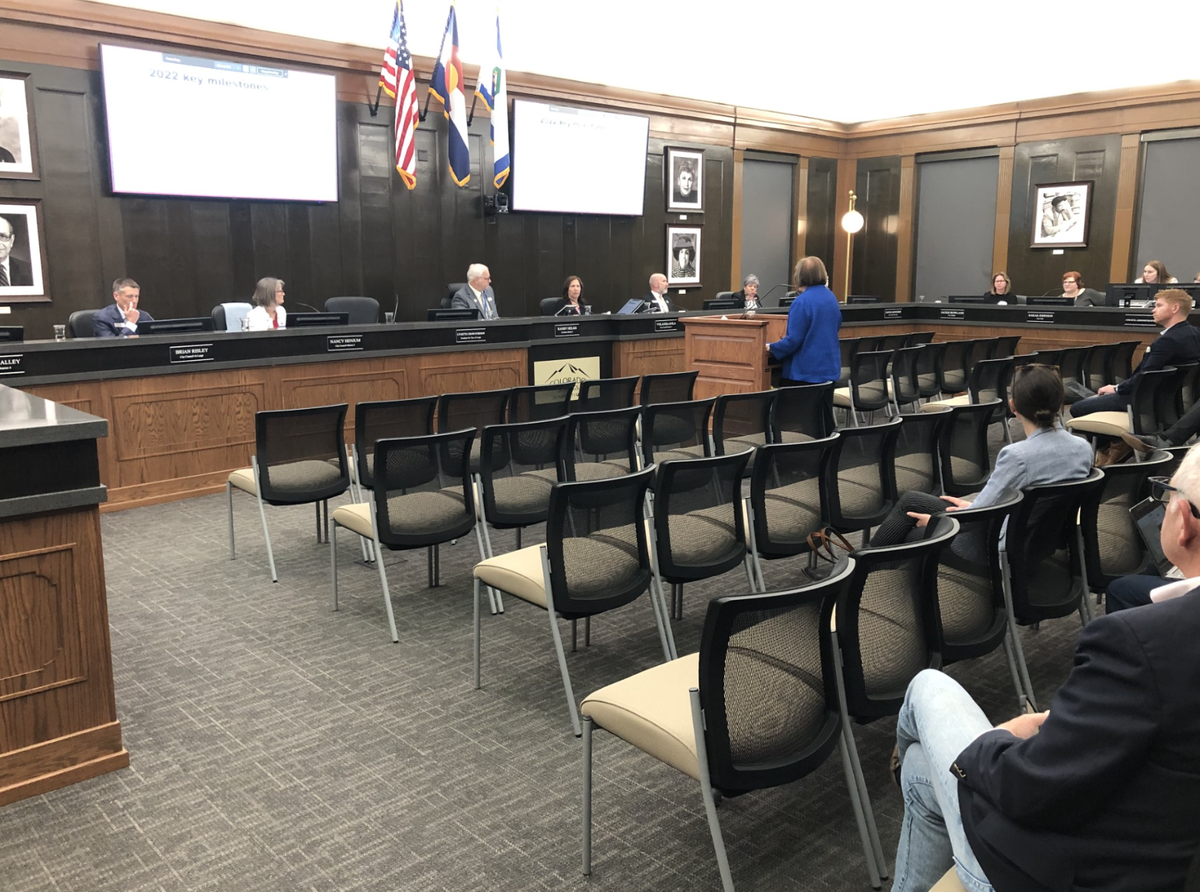
During an update to the City Council Monday, Pam Shockley-Zalabak says that the museum operated at a deficit in 2020 and 2021, but turned a $1.7 million profit last year even though attendance fell from 115,000 to 82,000.
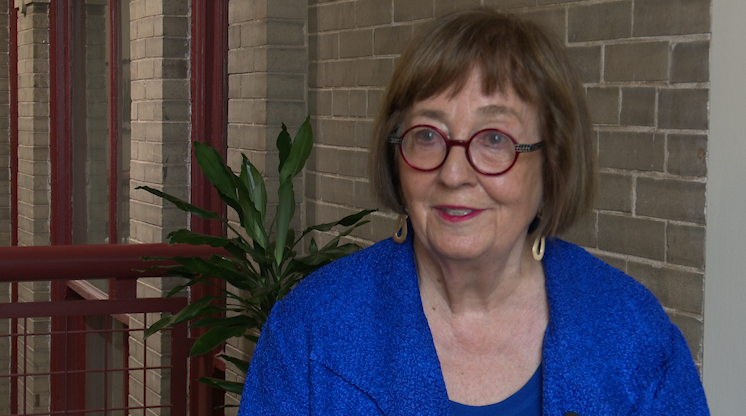
The profit , she explains, was because of an increase in out-of-state groups renting space at the museum for private events, leading to a 55% increase in overall events.
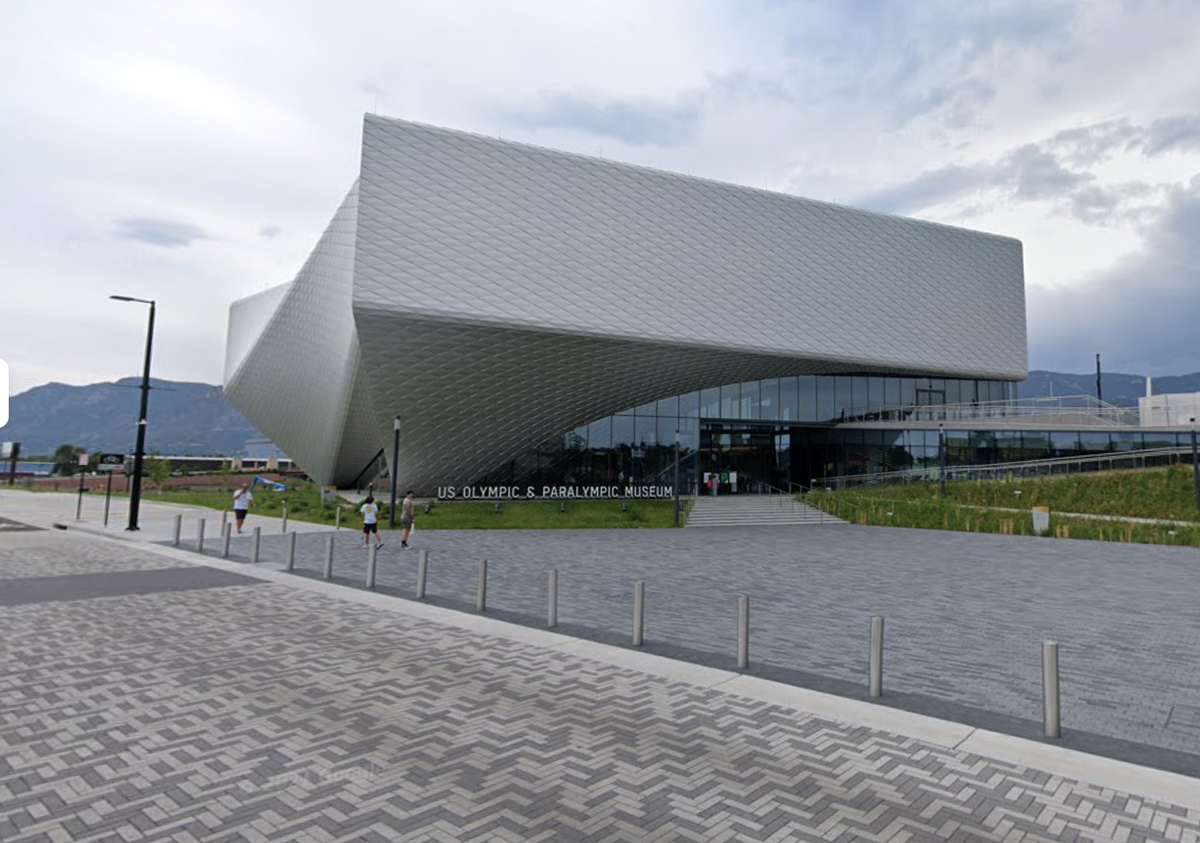
Shockley-Zalabak also says that museum management has taken other steps to improve its financial stability -- such as paying off more than $7 million in debt, eliminating some positions and restructuring its debt from short-term to long-term.
The Council, including four new members, say that they feel better about the museum's status after hearing Monday's update.
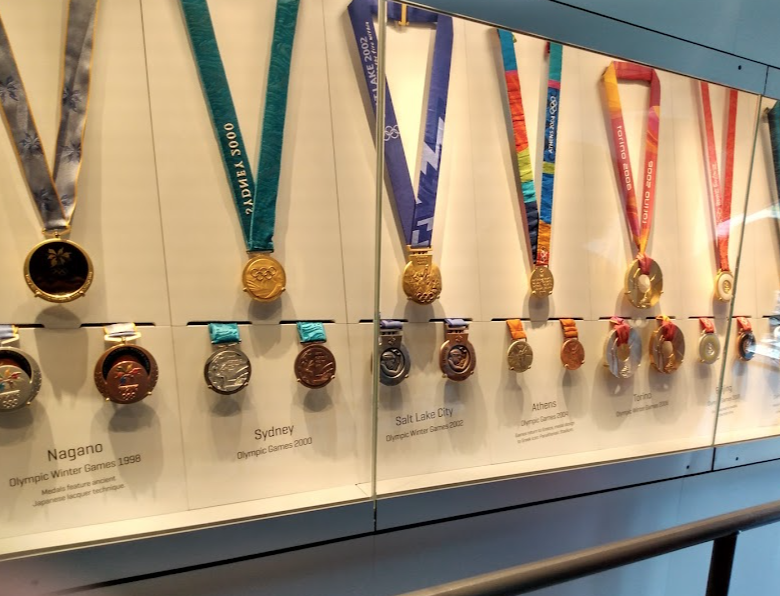
"We are very happy to see that, we believe, that the museum has turned a corner," says Council president Randy Helms. "It has started making a profit, and yet is still providing the services that we want our citizens to be in Olympic City, USA."
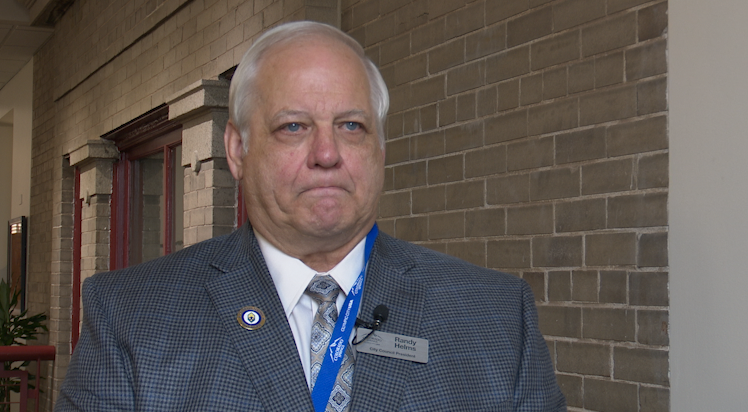
Councilwoman Nancy Henjum thanks Shockley-Zalabak for her work replacing previous interim CEO Phil Lane, who left the job for health reasons.
Lane replaced the museum's first CEO, Christopher Liedel, who agreed with the museum board to leave after nearly a year on the job.
"Some challenges, really -- COVID, the loss of a CEO, bringing the staffing to a much more aligned position -- all of those things I'm really grateful for, because we have had a lot of challenges," Henjum says.
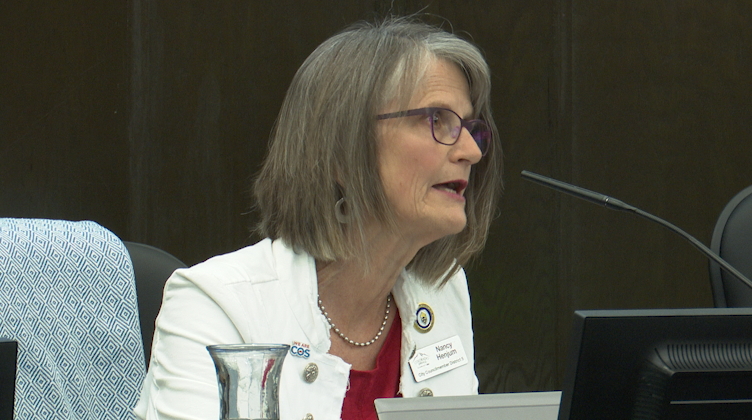
Michelle Talarico is one of four newly-elected Council members and seemed interested in how the museum used private ends to make a profit.
"I want to know if there is a fee structure that we, as community members, can support the museum in terms of suggesting it as a venue if we know more about those fees," she said.
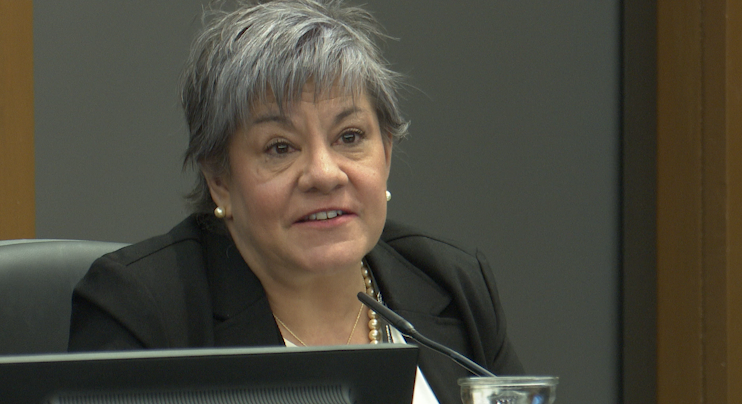
Scott Bauman, a Washington resident who visited the museum with his family Monday, could be among the first in an anticipated changing trend of more attendees.
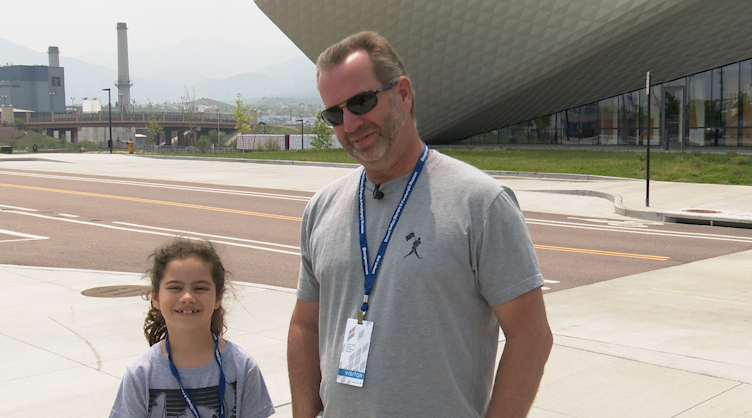
"We knew this was the training ground for the 1996, 200 and 2004 Olympic softball team, and I helped prepare their practice fields," he said. "It was kind of a spur-of-the moment thing and last night, we were getting together deciding what we were doing for the week, since we're in town for the week, and everything kind of fell in place to come visit the museum."
"I liked everything about it," said Bauman's daughter, Charli.
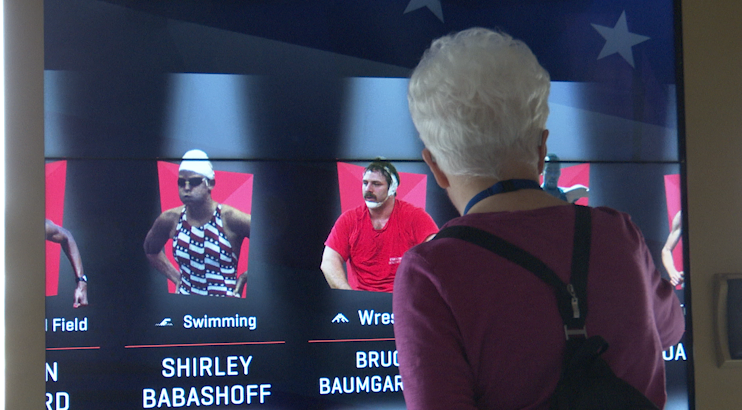
The museum is one of five venues envisioned by former mayor Steve Bach, and continued by outgoing Mayor John Suthers; they include Weider Stadium, Robson Arena, the Hybl Sports Medicine & Performance Center and the Air Force Academy Visitor Center.
